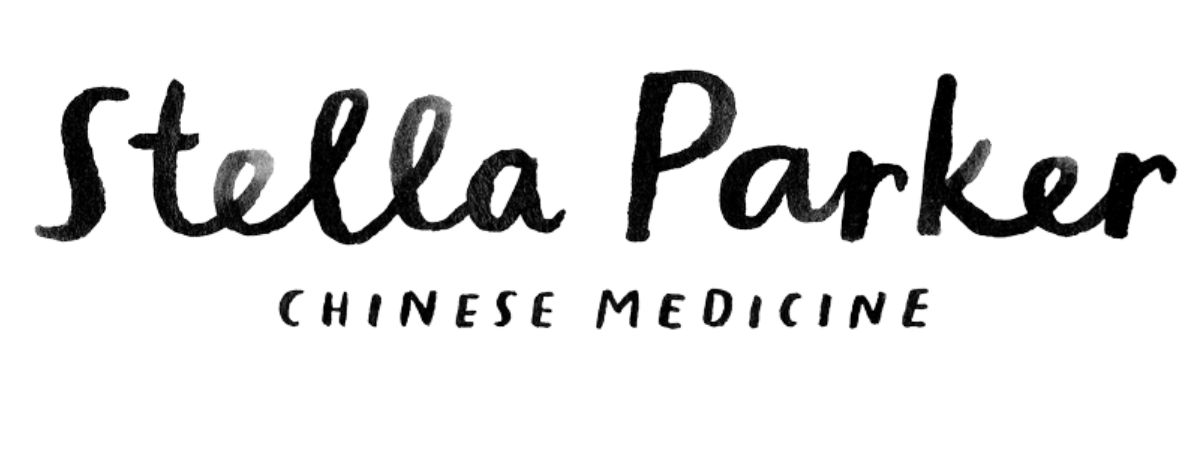You’ve just had a baby. You’re tired, leaking, wired, maybe crying, and wondering if you’re the only one who feels like this.
Spoiler: you're not.
The postpartum period, also known as the 4th trimester, is intense. And let’s be real, most mothers aren’t getting the kind of care they actually need.
And this is where we can take a leaf out of the Golden Month postpartum plans that Traditional Chinese Medicine (TCM) encourage. Here, these first 6-12 weeks after birth are considered critical—not just for healing from birth, but for setting the foundation for long-term health.
It’s a period treated with the kind of reverence and support that’s often missing from modern postpartum care, and where perhaps modern culture says "bounce back", Chinese medicine says restore deeply, or pay for it later. Let’s dive in.
Postpartum isn’t just emotional—it’s physiological
Forget the narrative that it’s all just hormones and cuddles. Postpartum is a complete biological reset.
Here’s what happens in the first days and weeks postpartum:
You lose blood and Qi (energy) through birth and lochia
You’re operating on broken sleep, little food and no time to rest
Your hormones crash after the placenta is delivered
Your nervous system is dysregulated from birth, adrenaline, overstimulation
Your digestion slows, your joints loosen, and your immune system shifts
You’re not “just hormonal” mama! You are in a profound state of physiological vulnerability. And yet, you’re expected to care for another human being around the clock.
This is where Chinese medicine is not just helpful — it’s essential.
Mental health is physical health
About 1 in 5 women in Australia will experience postnatal anxiety or depression (AIHW, 2022). And many more sit in a grey zone of:
Emotional flatness or numbness
Anxiety or intrusive thoughts
Overwhelm and guilt
Anger and resentment
Loss of identity
Yet emotional overwhelm in the 4th trimester isn’t a personality flaw—it’s often rooted in Qi stagnation, Blood deficiency, and lack of containment in the Heart system.
TCM can help support your mental health by:
Nourishing the Heart Blood to calm anxiety and restlessness
Soothing Liver Qi to ease irritability, frustration and rage
Replenishing Spleen Qi and Yin to stabilise mood and sleep
Anchoring Kidney Qi to support fear, insecurity, and resilience
The fix isn’t a bubble bath. It’s rebuilding the systems that have been stretched too thin. Mama, you don’t need to bounce back. You need to be rebuilt.
You gave birth. You lost blood, sleep, and a previous version of yourself! Now it’s time to rebuild your health in a way that honours the new you.
How acupuncture supports postpartum recovery
Acupuncture is one of the few treatments that supports the whole person—body, mind, hormones, and nervous system. All at once!
What it may help with:
Rebuilding Qi and Blood to restore energy and mood
Supporting uterine healing and regulating lochia
Enhancing milk supply and calming breast pain
Reducing anxiety and emotional instability
Improving sleep (even when broken)
Calming the nervous system and resetting stress response
It’s not magic—it’s physiology.
Studies show acupuncture can significantly reduce postpartum depression symptoms, support lactation, and reduce fatigue (Manber et al., 2004; Pierdant et al., 2022; Odabas et al., 2023). Isn’t this amazing?
But honestly, what mothers often say they value most is simply being cared for—no judgement, no advice overload, just being supported in real-time.
The role of food: Warm, simple, and reparative
In TCM, digestion is the first thing to protect post-birth. It fuels your recovery, milk production, and emotional stability.
The approach is simple:
Warm, cooked foods (soups, stews, congee)
Blood-nourishing ingredients (beetroot, leafy greens, eggs, bone broth)
Warming herbs and spices (ginger, cinnamon, fennel)
No cold/raw foods in the early weeks (they weaken digestion and delay recovery)
Eating like this isn’t about tradition; it’s about working withyour biology.
What happens if you skip the rebuild?
Great question, and from clinical experience, when I see mamas who for whatever reason don’t or can’t prioritise postpartum recovery, symptoms tend to linger or evolve:
Chronic fatigue
Ongoing anxiety or low-grade depression
Low immunity, recurring mastitis or infections
Hormonal imbalances (irregular cycles, PMS, fertility struggles)
A feeling of being “not quite right” that’s hard to describe
Now, this is important: This isn’t your fault. It’s a system-level failure in how we support mothers in the modern world. But that doesn’t mean there’s nothing you can do.
You don’t need to bounce back. You need to be rebuilt.
You don’t have to be perfect, productive, or back in your jeans. You have to be supported—physically, emotionally, hormonally.
After my own less than ideal postpartum recovery, I’ve made it a priority to provide real, structured support in the 4th trimester—through acupuncture, herbal medicine, nourishment strategies, and expert care that treats the whole woman, not just the symptoms.
Whether your baby is 4 weeks or 4 months old, it’s not too late to recover.
Let your postpartum plan include you.
Some further reading on postpartum care:
https://stellaparkercm.com/blog/2023/7/7/we-prepare-for-birth-but-not-for-what-comes-after
https://stellaparkercm.com/blog/2023/7/17/diet-and-nutrition-for-postpartum-recovery
https://stellaparkercm.com/blog/2023/5/3/postpartum-recovery
Sources:
Manber et al., 2004 (doi: 10.1016/j.jad.2004.05.009)
Pierdant et al., 2022 (doi: 10.1177/08903344221078802)
Odabas et al., 2023 (doi: 10.1016/j.explore.2022.12.001)
**As published at Darling Health 2025 (https://darlinghealth.com.au/blogs/acupuncture/the-4th-trimester-isn-t-just-hormones-it-s-whole-body-recovery)

